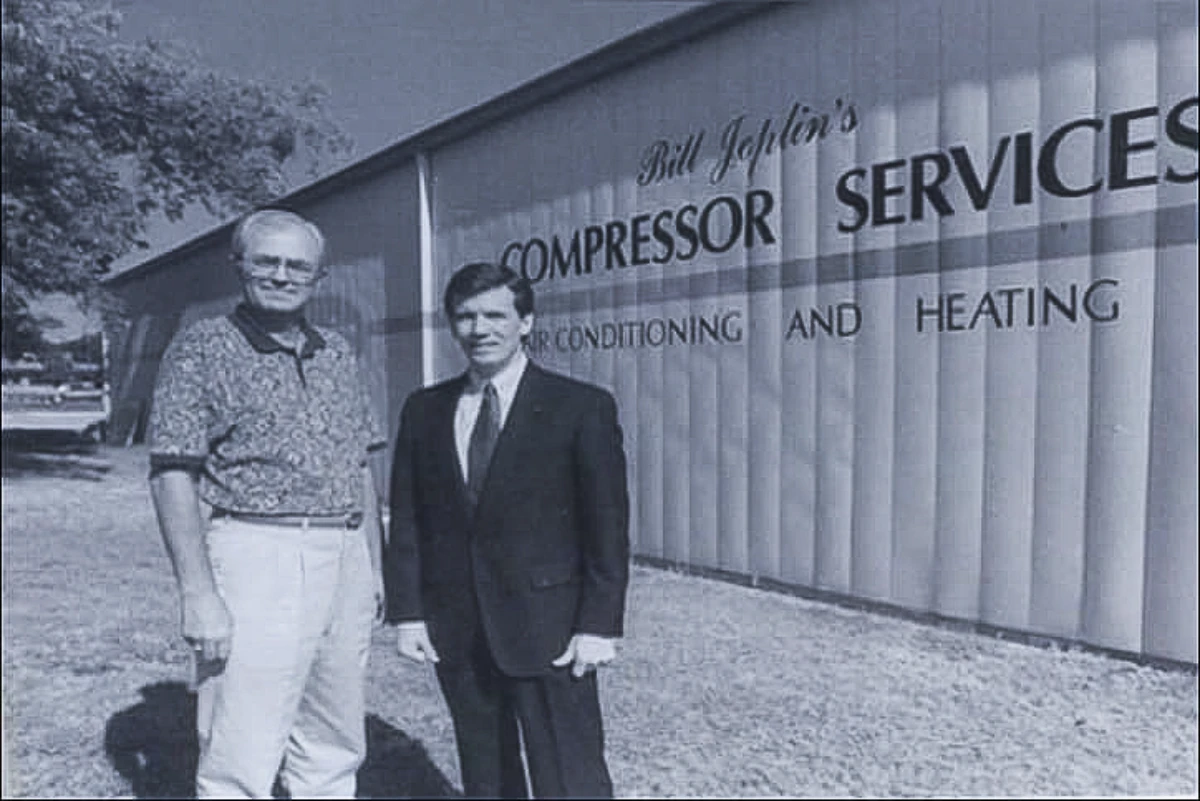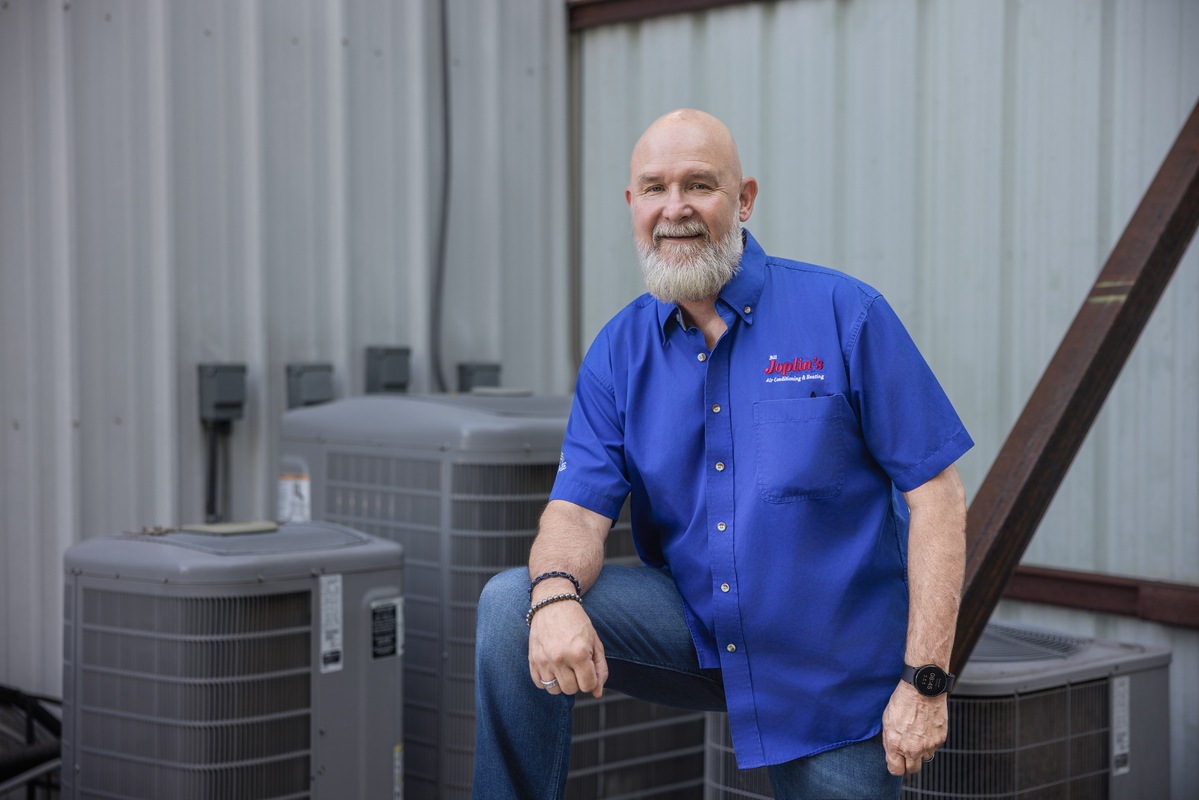Before the weather turns cold, you’ll want to make sure your home’s heating system is running as efficiently as possible. This won’t only keep you and your family safe and warm through the cold months, but it can also save you some money on the heating bills. If you feel that your boiler isn’t performing at its peak, consider these tips.
Understand Your System’s Rating
Not all boilers are created equal. To understand what you can reasonably expect from yours, it’s a good idea to familiarize yourself with energy efficiency ratings. Residential boilers are given an annual fuel utilization efficiency (AFUE) rating. AFUE ratings are expressed in a percentage and indicate how efficiently the device converts fuel to heat. For example, a boiler with an AFUE rating of 75 will be 75 percent effective. No type of equipment is 100 percent effective. Some amount of heat will be inevitably lost, but many newer models are rated at 90 AFUE or higher.
Insulate and Seal
Good insulation can make a world of difference to your home’s energy efficiency. Insulation works by keeping warm air in your home and the cold air out. If you have inadequate insulation, your boiler will have to work harder and longer to keep your home at the desired temperature, driving up the cost of heating.
Another common culprit that reduces your home’s energy efficiency is air leaks around doors, windows and other openings in your home. Check to see if these places are sealed properly. If not, stop by the hardware store and pick up some weatherstripping and caulk to seal any gaps or cracks you may notice.
Consider an Upgrade
If your boiler is over 10 years old, or if it’s become expensive to maintain, it may be in your best interest to invest in a new one. Many energy-saving technologies have been introduced to the market in recent years, and newer boilers are more energy efficient than ever.
To talk to an expert about how to get the most from your boiler, please contact us at Bill Joplin’s Air Conditioning & Heating.


